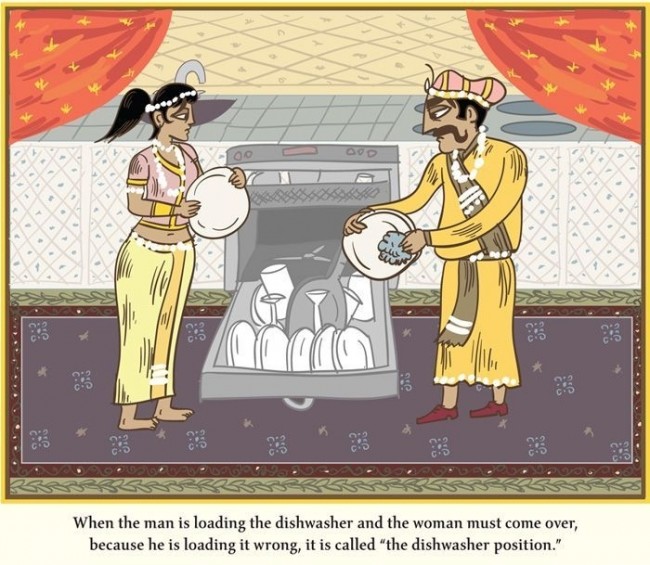

Many spirits harm others, whilst some elevated ones help. To the best of my knowledge, even after our bodies die, we can perform good and bad deeds. The balance sheet of an individual defines their current state of wealth. Several lifetimes produce several profit and loss accounts of karma.

Intellectually, one can read the last sentence and understand it, but practically it’s almost impossible to achieve! From the time we wake up to the time we sleep, we are engaged in different types of karmas. In order to achieve this, the individual has to ensure that fresh karmas stop getting generated.

#Karma sutra diagrams pdf download free free#
Only when a body is free of karma can it attain mukti, i.e., freedom from birth and death, and finally attain moksha, or becoming one with the Supreme. The body is the karma kshetra or the incarnation where the karmas are worked out, exhausted, and squared up for it to be free of karmas. This forms the basis of our future destiny that could exhaust partially in this very life or even span several lives. He does not take ownership for his act.Īn amalgamation of such karmas forms the balance sheet of our jivaatma or individual being, or the spark of divinity that exists at our core. He has no emotional connect or personal agenda against the convict. The difference is that the judge is doing his duty based on the rules of the land. Both performed a similar act – both responsible for someone’s death. A judge sentencing a murderer to the gallows has a different karma and does not pay for it, but the murderer does. Intent is another aspect which makes us accountable, or otherwise for our karmas. conscious, subconscious and unconscious) we take ownership of such karmas and hence become responsible for them. Since we experience the karmas that happen through our body, mind, and spirit (at various levels of consciousness i.e. Involuntary karmas are not accounted for. Likewise, stepping onto an ant while walking is an involuntary karma. For example, protecting yourself from a falling object, which instead falls on an ant and kills it is an involuntary karma. Things that happen without one’s desire are involuntary karmas. Brushing your teeth every morning is a voluntary karma. There are two kinds of karmas – voluntary and involuntary. To avoid performing an action is also karma. Karma-Sutra-Jun-2017-11.jpg Karma DefinedĪll actions performed by the body, mind, senses and intellect are called karmas.


 0 kommentar(er)
0 kommentar(er)
